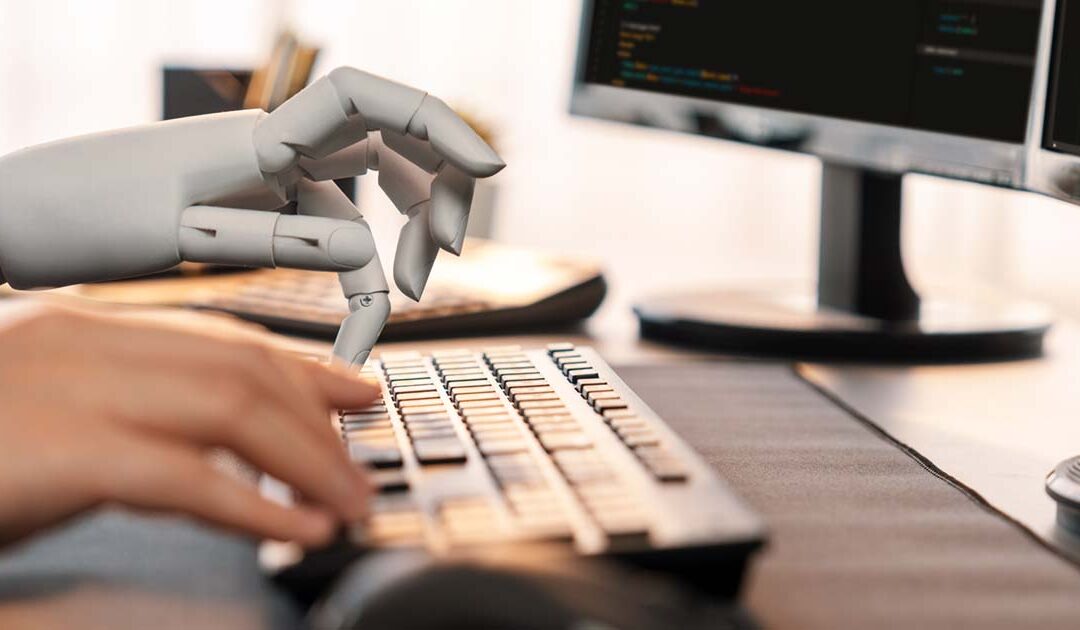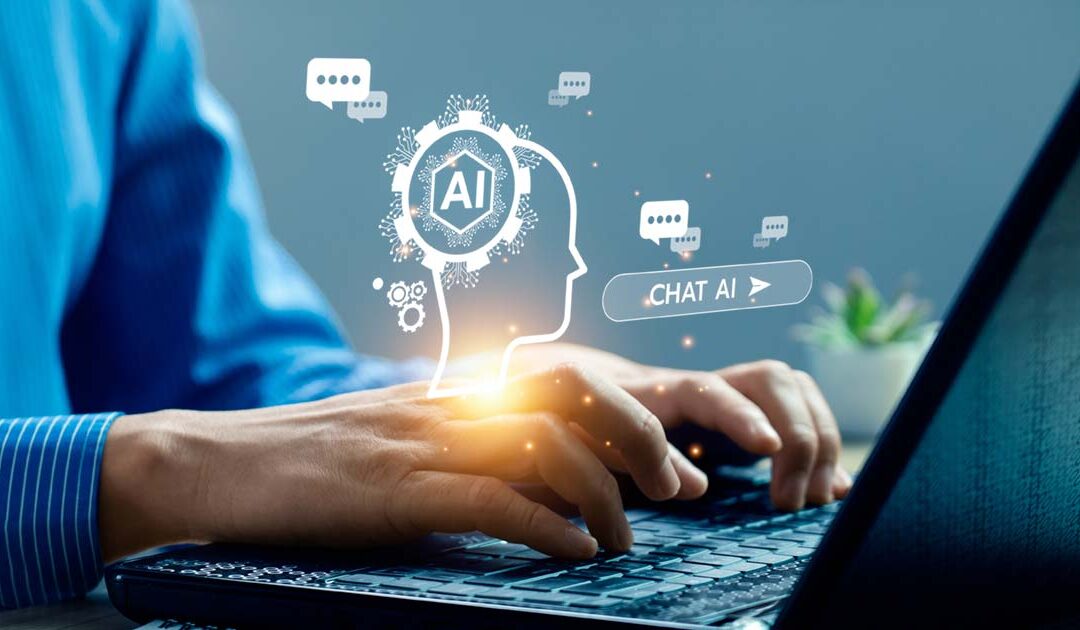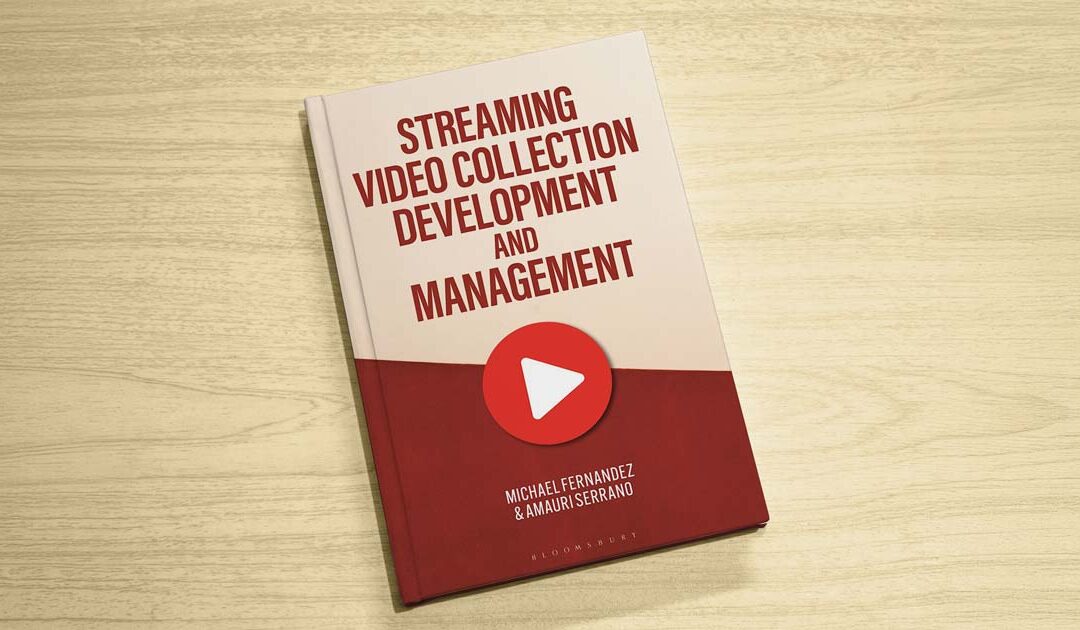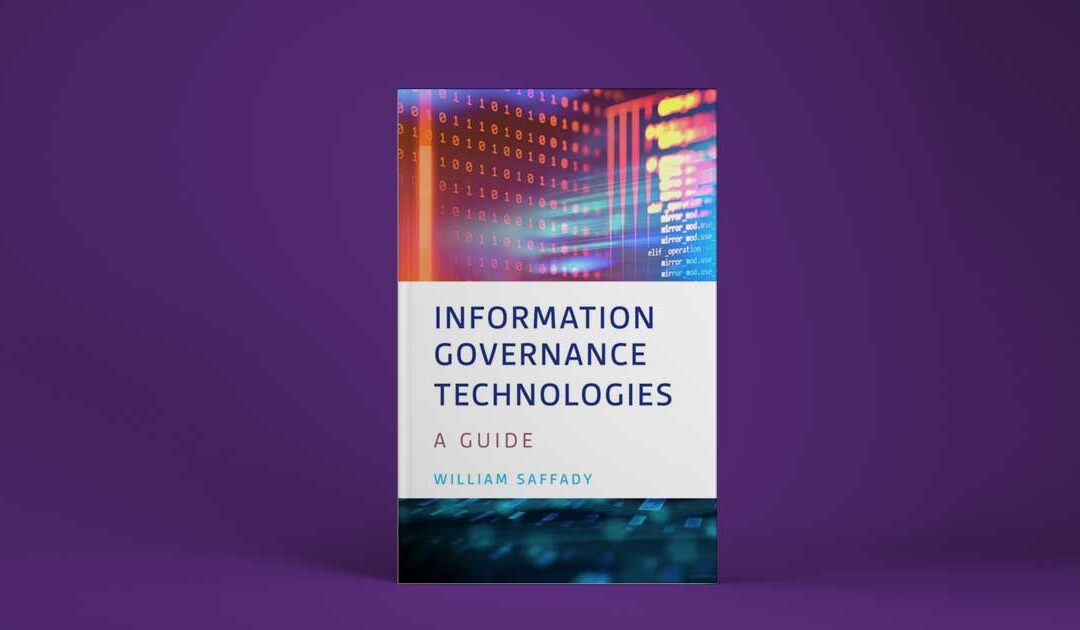As generative AI becomes more prevalent, copyright law is evolving to address its impact. A new report from the U.S. Copyright Office provides guidance on what is (and isn’t) copyrightable.


As generative AI becomes more prevalent, copyright law is evolving to address its impact. A new report from the U.S. Copyright Office provides guidance on what is (and isn’t) copyrightable.

AI can enhance search, discovery, and efficiency, but unsanctioned adoption—known as “shadow AI”—can lead to budget overruns and compliance risks. Here’s how to evaluate AI pricing models and build a governance strategy that balances innovation with cost control.

As demand for streaming video in libraries grows, so do the challenges of managing access, budgets, and licensing. Co-author Michael Fernandez shares key insights from his book, “Streaming Video Collection Development and Management”.

Technology is at the heart of modern information governance, shaping how organizations manage records and ensure compliance. In this interview, expert William Saffady shares insights on the essential technologies driving the field and what information professionals need to know.
Lauren Hays explores “Range: How Generalists Triumph in a Specialized World” through a librarian’s lens, reflecting on the role of broad knowledge in critical thinking and problem-solving.
Enjoy Lauren Hays’ interview with Bobbi L. Newman on why workplace well-being matters, how managers can drive meaningful change, and what steps libraries can take to create a culture of trust and support.
In her new book, Library Website Design and Development, Brighid M. Gonzales provides a step-by-step guide to help librarians create websites that engage and support their users. In this interview, Brighid shares insights on trends, opportunities, and best practices for building a strong library website.
For many special librarians, the idea of professional networking can feel daunting, especially for those who thrive in quiet, research-driven environments. Lauren Hays shares her journey from reluctant networker to engaged community member, offering practical tips to help you build authentic professional relationships that benefit both you and your field.
Dr. James Cortada, historian and senior research fellow at the Charles Babbage Institute, explores the history of information in his forthcoming book. By examining how information has been created, organized, and used over time, Cortada reveals patterns that continue to shape modern librarianship and knowledge management.
GenAI will affect how we do our work and the type(s) of work we engage in. In navigating the transformative potential of GenAI, we should engage in reflective practice that centers on our core professional values.
These frameworks provide insights and approaches to help you determine the best ways to address build and promote AI literacy in your specific context.
Setting professional development goals may feel overwhelming, but with the right framework and mindset, it can be a rewarding and empowering process.
Due to the rise of artificial intelligence (AI), information professionals must evolve their teaching and training approaches as technology reshapes the information landscape, because AI has transformed what it means to be information literate.